Soft Fruit Plants and Mixed Berries
Soft Fruit, Berries, Fruit Bushes & Canes
Suited to UK Climate
Soft fruit plants are easy to grow and they produce delicious vitamin C-packed berries across summer and autumn.
No-fuss berry-producing canes and bushes suit borders and raised beds, compact strawberry plants produce lots of berries in containers, and sweet grapevines take up little space on a fence line, so there’s something for every sized garden.
Fruit bushes and canes yield fruit that’s enjoyable straight from the plant, but popular raspberrieshttps://www.paramountplants.co.uk/sunny-position.html, blackberries and blueberries also freeze and dehydrate well. Freezing and drying are excellent ways to store the abundance of sweet fruits they produce.
We stock a wide range of soft fruit plants, berries, fruit bushes and canes - more than enough to see you harvesting from early summer to late autumn.
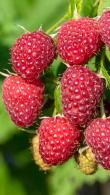
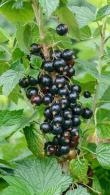
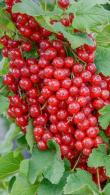
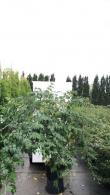
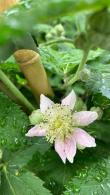
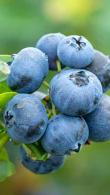
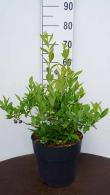
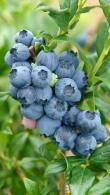
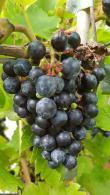
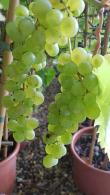
Raspberries
Raspberries love full sun, but they will cope with partial shade so they suit a wide range of gardens.
Choose from summer fruit bushes and canes like the ever-popular Glen Ample or the RHS award-winning autumn fruiter Tulameen, or both, and harvest raspberries for four months a year!
Raspberries are excellent freezer fruits and they are delicious straight from the cane.
Strawberries
Who can resist sweet strawberries?
They need full sun and water on hot days in exchange for large succulent fruit. Strawberries are space-saving berries than happily grow in well-watered and fed containers, so they’re ideal for sunny balconies and patios.
Blueberries
Blueberries are sweet round blue fruits grown on an acid-loving bush. They produce pretty bee magnet flowers in spring and sweet blueberries in summer.
If your garden isn’t full of blueberry-friendly acidic soil, just grow them in a container of ericaceous compost.
Top-of-the-range blueberries include the easy-to-grow Bluecrop and Emblue highbush varieties.
Blackberries
Wild blackberries are a real treat in late summer, so why not grow them in your garden?
Thornless cane varieties and short compact patio blackberries make harvesting the fruit a whole lot easier! Frozen blackberries make tasty crumbles in the cold winter months.
Currants
Currant bushes are long-lived, easy-to-grow, and produce masses of sweet black, tangy red or sharp white currants over summer. Just like raspberries and blackberries, high-yielding currants freeze well, so you can use their abundant crops in your own time.
Grapevine
Growing your own sweet grapes is easy with our abundantly fruiting but easy-to grow-grapevines like black Schuyler and white Vinifera blanc.
Grapevines need a strong trellis to climb and they prefer neutral to acidic soil. Full sun ripens grapes to perfection.
How To Grow Soft Fruit
Warmth and sunlight are needed to produce the best harvests during our summer and autumn months. When you’re planting strawberry runners, raspberry canes, or blueberry bushes, be sure to give them plenty of sun, shelter from cold wind, and rich moisture-retentive soil.
In hot spells, soft fruit bushes appreciate extra water to plump up their berries and keep producing flowers for more fruits. Keep picking them as their fruits ripen, and more will develop.
Ready, Get Set, Grow
Mouth-watering soft fruit bushes, canes, berries and grapevines are the easiest grow-your-own plants you can come by, and there’s lots of helpful advice on our plant pages to get you off to a flying start. If you need more help, just drop us a line.





